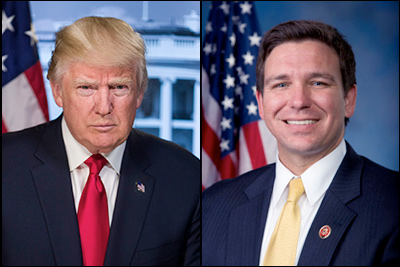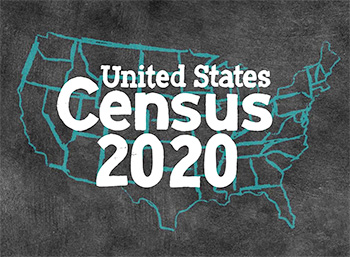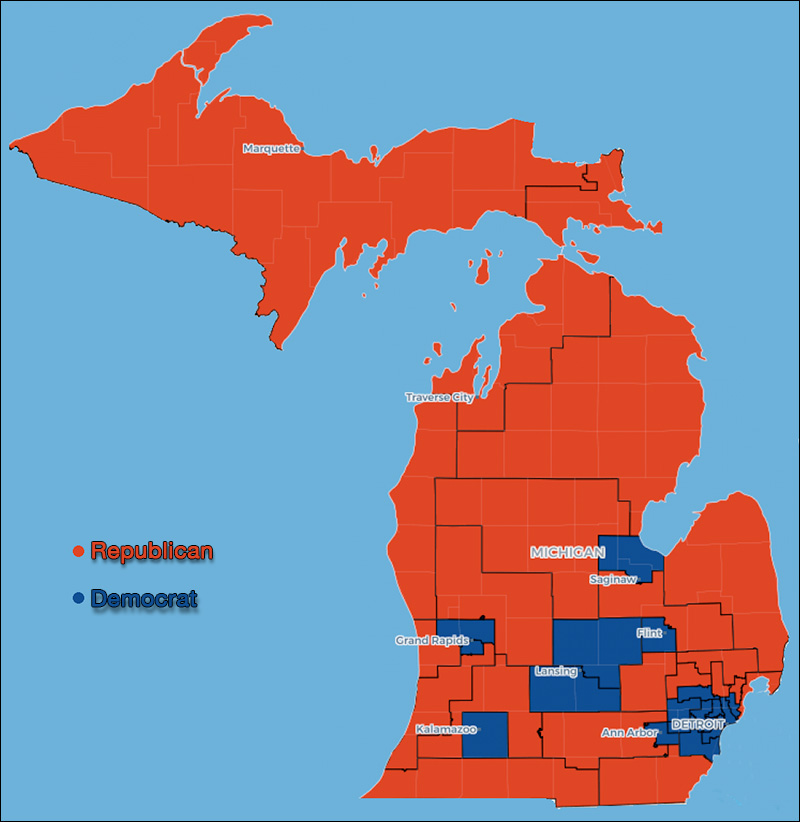By Jim Ellis — Tuesday, June 6, 2023
President
Debates: First GOP Debate Scheduled for Aug. 23 — The Republican National Committee has announced that the first 2024 Republican presidential debate will occur on Wednesday, Aug. 23 of this year, at the site of the 2024 Republican National Convention, Milwaukee, Wisconsin. Criteria for participation was also announced.To be included in the debate, candidates must reach at least one percent support in three independent national polls of at least 800 sampled Republicans taken on or after July 1, 2023, they must have at least 40,000 documented contributors, have a declaration of candidacy statement filed with the Federal Election Commission, and sign various pledges to the RNC, the most important of which is that they will support the eventual Republican presidential nominee.
Senate
Delaware: Rep. Blunt Rochester Preparing Senate Run — The Politico publication reports that at-large US Rep. Lisa Blunt Rochester (D-Wilmington), the individual that retiring Sen. Tom Carper (D) hopes will succeed him, is indeed preparing an official launch of a US Senate campaign. The story indicates that we can expect an announcement sometime later this month.
There has also been no evidence that term-limited Gov. John Carney (D) is about to enter the race. If not, the primary and general election campaigns should be a breeze for Rep. Blunt Rochester, which, for her, would be just like running another re-election campaign. As the state’s sole US House member, she has conducted all four of her House elections as a statewide campaign.
Her move to the Senate race will leave a competitive open House race in her wake. Most of the competition will be in the September 2024 Democratic primary, but seeing a strong Republican emerge may not be out of the question to force a contested general election. At this point, however, expect both the Senate and House seats to remain under Democratic Party control.
House
GA-14: Potential Move to Challenge Rep. Taylor Greene — Right-wing gadfly activist and two-time Florida congressional candidate Laura Loomer (R) is citing an online voluntary response website poll that supposedly reveals 75 percent of respondents who want to see Georgia Rep. Marjorie Taylor Greene (R-Rome) challenged for the 2024 Republican nomination because she supported Speaker Kevin McCarthy’s debt ceiling bill. Loomer characterizes Rep. Greene as a “Primary professional con-woman,” for supporting the debt crisis bipartisan compromise. She also states that she can move to Georgia and run because she has proven herself as a “robust campaign fundraiser.”
While Loomer may well have raised over $3 million for two campaigns, she would need to improve her vote-getting ability in order to unseat Rep. Greene. First, she has already run in two different Florida districts, once against Rep. Lois Frankel (D-West Palm Beach), where she lost by 20 percentage points, and again in a primary challenge against Rep. Dan Webster (R-Clermont/The Villages). In this latter 2022 race, she fell seven percentage points from unseating the Republican incumbent.
PA-10: Ex-Statewide Candidate Won’t Again Challenge Rep. Scott Perry — Former Pennsylvania state auditor and 2020 congressional candidate Eugene DePasquale (D) will not be returning to the federal campaign wars in 2024. Viewed as six-term Rep. Scott Perry’s (R-Dillsburg/Harrisburg) toughest possible Democratic opponent – the 2020 race ended 53-47 percent in Rep. Perry’s favor – Pasquale late last week announced that he will return to the statewide theater in an open bid for attorney general.
Rep. Perry already has Democratic opposition for 2024. Shamaine Davis, his 2022 opponent who he defeated 56-44 percent, returns for a re-match. Carlisle School Board member Rick Coplen, a retired Army officer who lost the 2022 Democratic primary to Davis, is also returning to run again. With DePasquale out of the House picture, Rep. Perry, who voted against the McCarthy debt ceiling compromise, will again begin as a favorite for re-election.








